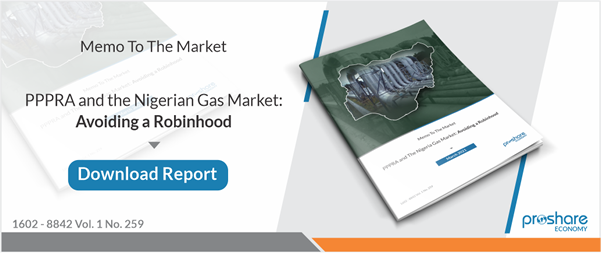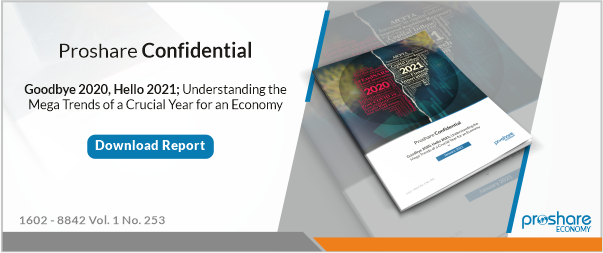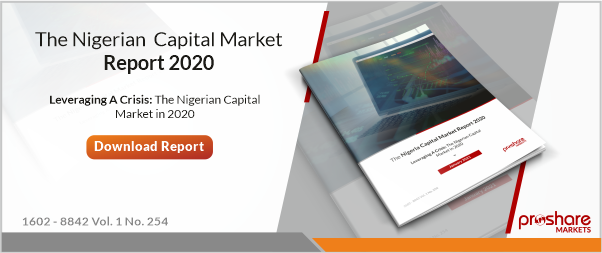Wednesday, March 10, 2021 / 12:30PM / by AmbroseAdebayo, Assistant Consultant, Phillips Consulting / Header Image Credit: DZone
In today'sdynamic business environment, an organisation must stay competitive by thinkingtactically and strategically. Changes in the business environment directlyimpact revenues and profits; mostly caused by internal and externalfactors-political, economic, societal, technology, market (competition),demographic, etc.
To gain anunderstanding of the business environment, it is advisable to conduct astep-by-step analysis. Having a full understanding of various issues thataffect a business will help management teams to make better decisions that willscale and sustain the business. Periodically, organisations need to evaluatetheir ability to provide products and services by improving its operationalefficiency, which involves optimising all the processes and value chainactivities.
Efficiencygenerally refers to the extent to which input towards a system is well used fora proposed output. Business efficiency is crucial to the success of anyenterprise. It is also about figuring out how you can be more effective usingfewer resources, as well as less money and time to achieve the same goal. Thefoundation of a successful company is being able to understand and givecustomers what they want. The ability of the big players in the industry toremain relevant is because they understand the dynamics and the ever-changingenvironment of business.
Historically,the beginning of the twenty-first (21st) century was marked by therise of a global economy; mostly because of the advancements in technology toimprove business processes. Fundamental shifts in resources, technology, andsocial values are also factors that transformed the business landscape. As thedata revolution changed the way of doing business, companies and organisationfrom all industries face various kinds of risks which may be avoided by usingup-to-date, relevant information. In today's business environment, everyorganisation wants to have the most accurate forecasts to make the rightdecision. Data analytics has now become the catalyst for decision making.
Businessanalytics gives them that advantage since cost optimisation is abusiness-focused, continuous discipline to drive spending and cost reductionwhile maximising business value. Analytics in business is the process of makingsense of gathered data, measuring business performance, analysing historicaldata to gain new insight, and producing valuable conclusions that can helpcompanies make informed and strategic decisions on the future of the business.It is also about using various statistical methods, techniques, and datamodelling to develop new business insights. Business analytics has a wide rangeof applications from customer relationship management, supply-chain management,human resource management, financial management, marketing, and agriculturegrowth.
TheEssentials of Business Analytics and its Applications are typically categorisedas:
1. Descriptive Analytics
This is a methodof analysing historical data to determine how to respond to current situations.Organisations leverage descriptive analytics to assess' current market positionof the company and the effectiveness of previous business decision, tracks keyperformance indicators (KPIs) to understand the present state of a business. Italso helps business learns from past decisions to understand how they willimpact future outcomes. The main objective of descriptive analytics is to findout the reasons behind success or failure in the past and to understand theoverall performance of the company in describing the various aspects.
2. Predictive Analytics
This method isused to analyse historical data to determine the likelihood of future outcomes.Organisations leverage prescriptive analytics to understand past performance togenerate recommendations about how to handle similar situations in the future.This helps in setting realistic goals for the business, effective planning, andrestraining expectations.
3. Prescriptive Analytics
This is thenext step of predictive analytics that improves organisations efficiency ofmanipulating the future, by creating advised solutions that will also alignwith the goals of the company?óÔé¼Ôäós key metrics. It advises on possible outcomes,create the opportunity to optimise resources and help to make informed,effective decisions. It also provides further insight into why certain resultsmay happen so related factors can be monitored when new actions are taken.Hence, it uses a strong feedback system that constantly learns and updates therelationship between the action and the outcome. Although prescriptiveanalytics is still at the budding stage, not many firms have completelyexplored its power.
TheBenefits of Analytics for Business Efficiency
1. Elevates Operational Efficiency
Businessanalytics makes it possible for a company to understand and identifyoperational inefficiencies and respond to them accordingly by leveraging theprocess's volume of data.
2. Keeps Businesses Up to Date in A Changing Environment
Not only doesbusiness analytics provide the needed knowledge for companies to survive intoday's constantly changing business environment, it also makes room for growthand improvement, providing a detailed study of various opportunities andchallenges that companies face daily.
3. Enhances Accurate Decision Making
Analytics canhelp a company make the decision-making process more accurate as it helps inunderstanding the sentiments of the customers towards the company, its brand,and products. With efficiency in decision making, the organisation can remainrelevant and stay on top of its competitors. It can also help improve theprofitability of the organisation, boost its market share and revenue, andprovide a better return on investment.
4. Builds Stronger Customer Relationships
Analyticsgives companies an insight into their customers' behaviour and needs. It alsomakes it possible for a company to understand the public opinion of its brand,to follow the results of various marketing campaigns, and plan how to create abetter marketing strategy to foster fruitful relationships with its customers.
5. Empowers Companies to Plan forGrowth
Analyticsgives businesses the ability to forecast, making the business more agile andprepared for possible risks. This will help the business to make importantdecisions with more confidence, knowing that it can handle the risks and adjustthe consequences.
6. Maximise Organisation Investment
Analyticsprovides insight into how best to utilise the company's investment leveragingbusiness intelligence. Marketers can tailor campaigns and strategies, withpublic opinion in mind and eventually increasing chances of a higher return oninvestment.
7. Accelerate Through Uncertainty
At this timeof uncertainty, owing to the lockdown across the globe, almost nobody has anidea when things will get back to normal. Many businesses have been impactednegatively by this turbulent time. Business analytics can be used to resolvesupply chain issues, introduce crisis management solutions, optimise costs, andimprove efficiency.
Analytics ifproperly utilised, helps to identify areas of modifications to a businessstrategy and process improvement opportunities which lead to an increase in acompany's bottom line.
Credit: The post ImprovingBusiness Efficiency Through Analytics, first appeared in PhillipsConsulting Blog on February 02, 2021.
Related News
1. Tracking and Using Data for DecisionMaking as a Business Owner
2. Data Visualization Training by DataScience Nigeria to Commence from February 27, 2021
3. First Bank Deepens FinancialInclusion with Largest Agent Banking Network, Empowers SMEs
4. FCMB Deepens Financial Inclusion,Opens Ultra-Modern Cash Centre At Ikorodu, Lagos
5. Ecobank MD, Others List Opportunitiesin Digital Financial Inclusion
6. 16.8% Financially Excluded NigerianAdult Must be Brought into the Inclusion Bracket by 2020
7. Leveraging Non-Interest Finance forFinancial Inclusion
8. Ecobank, Vanguard Announce New Datefor Digital Financial Inclusion Summit
9. PSBs as the Key to Driving FinancialInclusion?
10. Firstbank Promotes FinancialInclusion Amongst Children with Kidfirst and Mefirst Accounts
 Lagos, NG • GMT +1
Lagos, NG • GMT +1











 1459 views
1459 views











 Sponsored Ad
Sponsored Ad
 Advertise with Us
Advertise with Us









